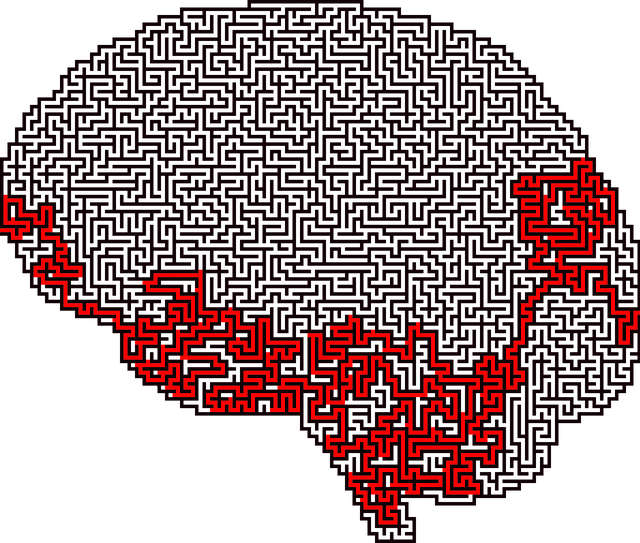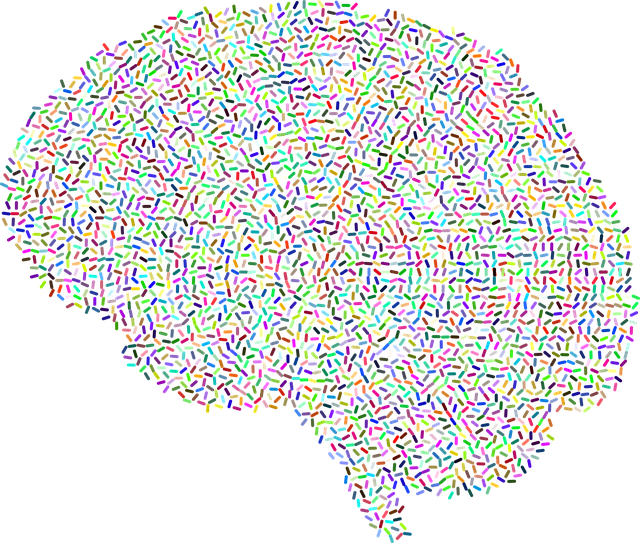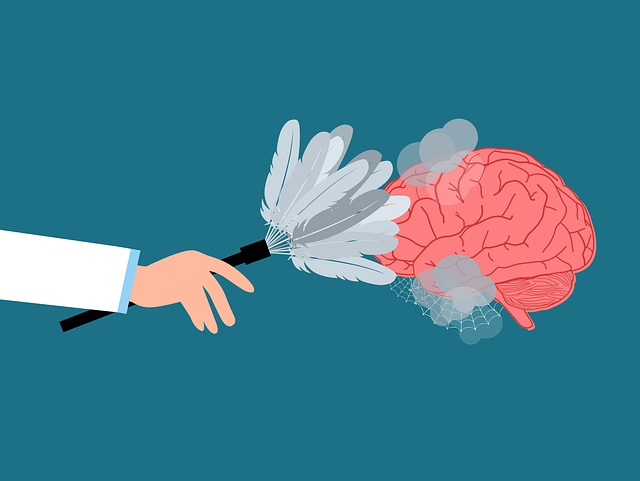Arvada Adolescent and Teen Therapy emphasizes the importance of understanding mental wellness as a foundation for developing effective self-assessment tools tailored to adolescents' unique needs. These tools, delivered through innovative online platforms, facilitate emotional well-being by enhancing social skills, improving communication, and empowering youth to manage their mental health. By incorporating user-friendly features, age-appropriate content, and comprehensive assessments, these tools enable early identification of issues like anxiety, depression, and stress. Integrating self-assessment into educational and community settings can enhance prevention strategies, while continuous evaluation and AI integration promise ongoing improvement in youth mental wellness support.
Mental wellness self-assessment tools play a crucial role in identifying and addressing emerging mental health issues among adolescents and teens. This article delves into the development of such tools, highlighting the growing need driven by rising youth mental health challenges. We present a case study focusing on Arvada Adolescent and Teen Therapy, showcasing how technology can enhance assessment effectiveness. By exploring best practices and future directions, we aim to foster innovative strategies for improving young people’s mental wellness.
- Understanding Mental Wellness and the Need for Self-Assessment Tools
- The Role of Technology in Adolescent and Teen Therapy: A Case Study of Arvada
- Designing Effective Self-Assessment Tools for Mental Health
- Implementation, Evaluation, and Future Directions for Improved Youth Mental Wellness
Understanding Mental Wellness and the Need for Self-Assessment Tools

Understanding mental wellness is a crucial step in recognizing the importance of self-assessment tools. These tools play a vital role in helping individuals, especially adolescents and teens, navigate their emotional well-being. The concept of mental wellness encompasses not just the absence of mental illness but also a person’s ability to cope with life’s challenges, maintain positive relationships, and achieve personal growth. At Arvada Adolescent and Teen Therapy, we understand that early intervention and self-assessment are key to fostering healthy development in young individuals.
The need for effective self-assessment tools is evident in the growing awareness of mental health issues among adolescents and teens. Emotional healing processes often begin with self-reflection and understanding one’s emotional state. Mental wellness coaching programs can benefit from these tools, enabling professionals to guide youth towards better mental health outcomes. Moreover, by utilizing self-assessment, individuals can gain valuable insights into their strengths and areas for improvement, fostering resilience and a positive sense of self, which are essential components of overall well-being. This proactive approach, supported by research in Mental Health Policy Analysis and Advocacy, ensures that young people receive the necessary support to thrive.
The Role of Technology in Adolescent and Teen Therapy: A Case Study of Arvada

In the realm of Arvada Adolescent and Teen Therapy, technology has emerged as a powerful ally in fostering mental wellness among young individuals. With the ever-evolving digital landscape, therapists now have access to innovative self-assessment tools that cater specifically to the unique needs of adolescents and teens. These online platforms offer a discrete and engaging approach to addressing emotional intelligence, integrating interactive elements to facilitate emotional healing processes.
Through case studies in Arvada, it has been observed that technology-driven therapy sessions enhance social skills training by providing virtual environments where teenagers can practice communication and interaction. This digital transformation not only makes therapy more accessible but also encourages active participation, making emotional healing processes more effective and engaging for this demographic.
Designing Effective Self-Assessment Tools for Mental Health

Designing effective self-assessment tools for mental health involves considering the unique needs and challenges faced by adolescents and teens, such as those seeking therapy at Arvada Adolescent and Teen Therapy. These tools should be user-friendly, age-appropriate, and capable of assessing a broad range of mental wellness indicators. Incorporating elements from Risk Management Planning for Mental Health Professionals can ensure these assessments are thorough yet non-intrusive, allowing professionals to identify potential issues early on.
Mental Wellness Journaling Exercises Guidance is another vital component. Encouraging adolescents to reflect on their thoughts, feelings, and behaviors through structured journaling can provide valuable insights into their mental state. This practice not only supports self-awareness but also fosters inner strength development—a key aspect in navigating and managing mental health proactively. By integrating such exercises, professionals can gain a holistic view of the individual’s well-being, enabling more personalized and effective treatment strategies.
Implementation, Evaluation, and Future Directions for Improved Youth Mental Wellness

The implementation of self-assessment tools tailored for youth mental wellness is a significant step towards early intervention and prevention strategies. These tools can be integrated into schools, community centers, or accessible online platforms to encourage adolescents and teens to regularly evaluate their emotional well-being. By fostering awareness and providing an avenue for expression, these assessments can identify emerging issues related to anxiety, depression, stress, or other mental health concerns. For instance, the Arvada Adolescent and Teen Therapy program could benefit from developing such tools to reach a broader audience and offer tailored support.
Evaluation of these self-assessment programs is crucial to ensure their effectiveness and adaptability. Feedback from both users and mental health professionals can guide improvements, making them more engaging, accurate, and aligned with the unique needs of young individuals. This process allows for the refinement of existing tools and the development of new ones, emphasizing continuous improvement in youth mental wellness support. Future directions may include integrating artificial intelligence to personalize recommendations for self-esteem improvement and inner strength development, ensuring that each individual receives tailored guidance based on their assessment results.
The development of mental wellness self-assessment tools is a significant step towards empowering adolescents and teens to take charge of their emotional well-being, as evidenced by the success of Arvada Adolescent and Teen Therapy. By utilizing technology effectively, these tools can reach a wide audience, provide personalized feedback, and offer accessible support. Through careful design, implementation, and ongoing evaluation, we can enhance youth mental wellness and foster healthier, more resilient individuals. This approach not only complements professional therapy but also encourages proactive mental health management among young people.














